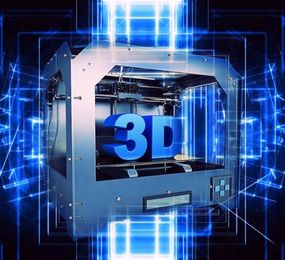Medical implants, a testament to human ingenuity and the intersection of technology and healthcare, have transformed the way we treat, manage, and improve the quality of life for individuals with various medical conditions. These life-changing devices have become integral in modern medicine, offering hope and extended possibilities for those in need.
Medical implants encompass a broad range of devices designed to serve multiple purposes. From life-saving cardiac pacemakers to artificial joints, such as hip and knee replacements, and intricate cochlear implants that restore hearing, these devices have redefined the boundaries of what's medically achievable.
One of the defining features of medical implants is their precision and durability. Designed to withstand the rigors of the human body, these devices are engineered to be biocompatible, meaning they interact harmoniously with bodily tissues and fluids. This ensures that the body doesn't reject the implant, minimizing the risk of complications.
The transformative impact of medical implants on the quality of life cannot be overstated. For someone with a degenerative joint condition, a hip or knee replacement can mean the difference between debilitating pain and the freedom to move without limitations. For a patient with hearing loss, a cochlear implant can open up a world of sound and communication.
The field of medical implants is continually evolving. Advancements in materials, such as bioactive coatings that promote better integration with the body, and miniaturization of devices have led to less invasive implantation procedures and enhanced patient outcomes. In recent years, we've seen the development of smart implants equipped with sensors and connectivity, providing real-time data to both patients and healthcare providers.
With great promise also come challenges. Concerns related to device safety, security, and ethical considerations surrounding issues like data privacy have arisen in the age of smart implants. Furthermore, accessibility to these life-changing technologies remains a concern in some parts of the world.
Medical implants have ushered in an era of hope and healing, improving the lives of countless individuals. As technology continues to advance, these devices will become even more precise, less invasive, and more accessible. They represent a beacon of innovation in healthcare, demonstrating the remarkable ways that science and medicine can work together to extend and enhance life. In the world of medical implants, the future holds the promise of a healthier tomorrow for all.
To register or learn more about the Forum please check here: https://bit.ly/3qbznOe
For more information and group participation, contact us: [email protected]
















